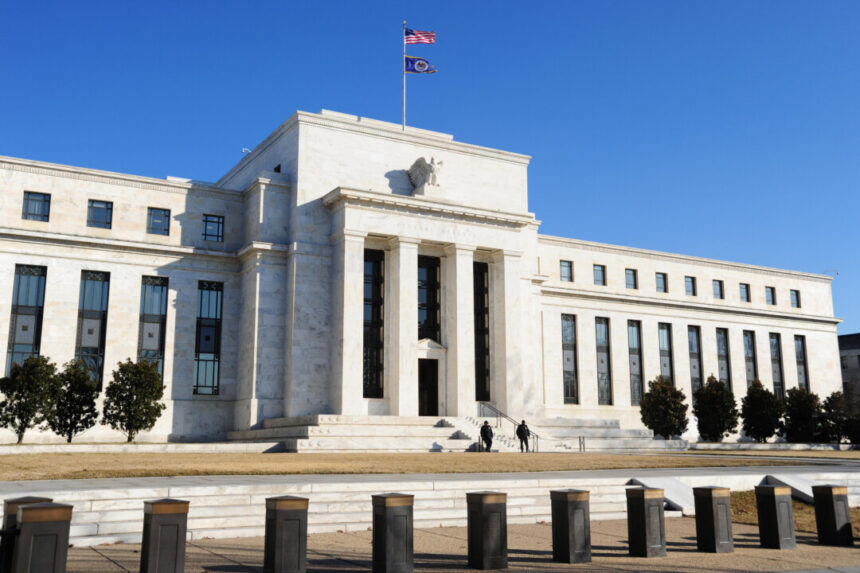The Federal Reserve’s decision to significantly lower rates just a month and a half before an election has sparked controversy. Many see this move as politically motivated, potentially creating resentment and backlash. The Fed argues that the rate cut is necessary to address weaknesses in the labor market and prevent a looming recession.
However, critics point out that the economic indicators do not necessarily support the need for such drastic measures. The increasing money stock, combined with relaxed lending standards, could lead to inflation and artificial growth rather than genuine economic improvement. This could have negative consequences for both the retail sector and financial markets.
The long-term effects of the Fed’s actions may not be fully realized for another 12 to 18 months, leading to concerns about future economic stability. If the Republicans are in power during this time, there could be backlash against the Fed for its role in economic fluctuations.
Many argue that the Fed’s existence is not mandated by the Constitution and has not fulfilled its promises of economic stability. Calls for increased congressional oversight and potential reforms to the Fed’s operations have been made, including demands for independent audits and changes to its monetary control functions.
Ultimately, some believe that abolishing the Fed and returning to a gold-backed currency system could lead to greater economic growth and stability. However, such drastic measures would likely face significant opposition and upheaval in the financial world. The objective is to standardize the industry to operate like any other, following free enterprise principles with the risk of bank failures and healthy competition. This approach would help in curbing excessive debt by reducing the reliance on printing more money.
Transitioning to this model may pose technical challenges, but the main obstacle for implementing the gold standard has been the lack of political determination. However, the growing discontent among lawmakers signals a shift, with more individuals becoming increasingly critical of the current monetary system.
It appears that the Federal Reserve could be paving the way for its own downfall this time. As inflation rises and the value of the dollar weakens, a larger portion of the population is likely to join the chorus of critics and advocates for change.
There seems to have been a shift in perception, with the Fed now being held accountable for its role in economic fluctuations. The upcoming inflationary pressures are expected to be directly attributed to the Federal Reserve.
Please note that the opinions expressed in this article are those of the author and may not necessarily align with the views of The Epoch Times.
Source link





